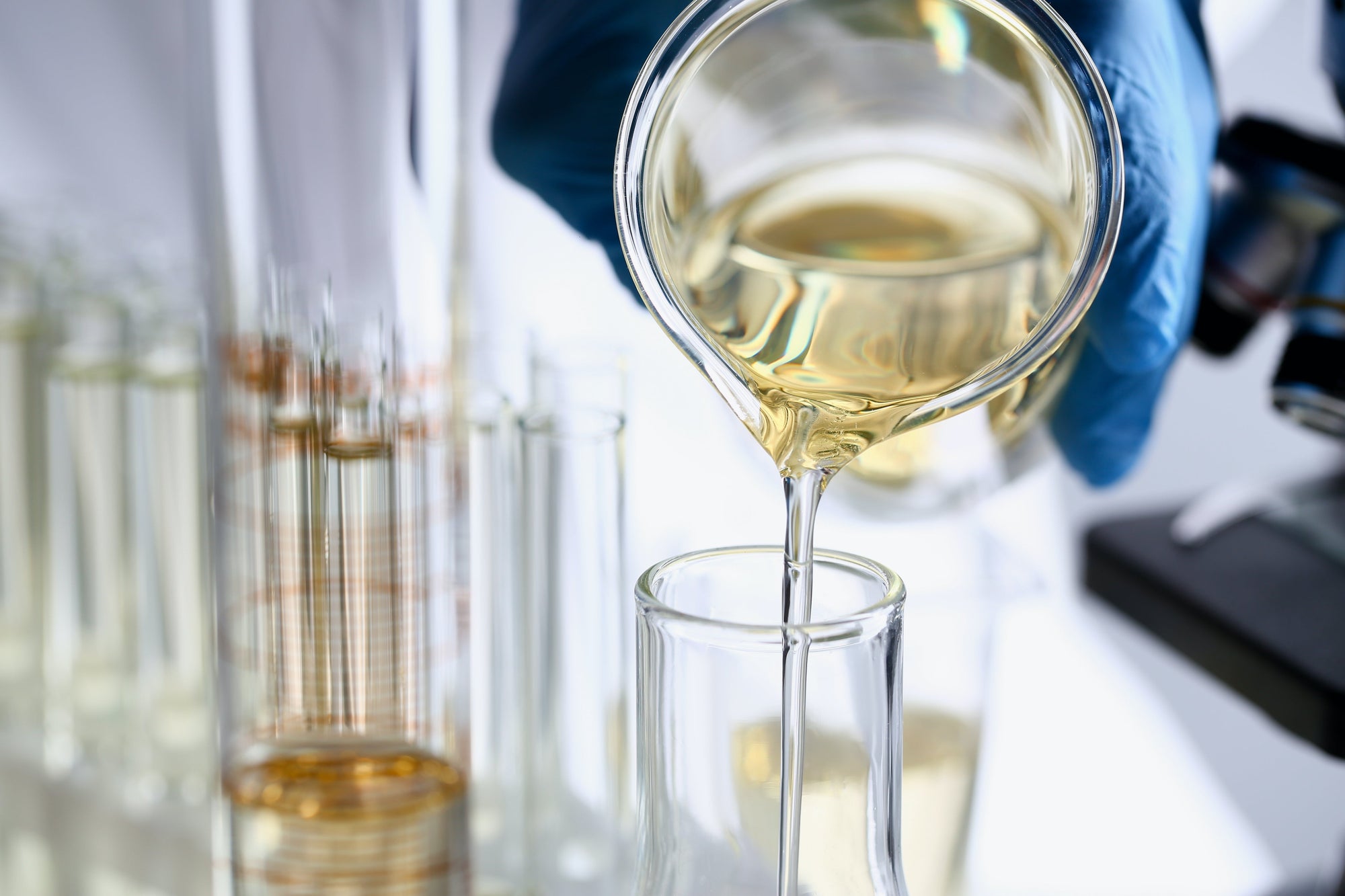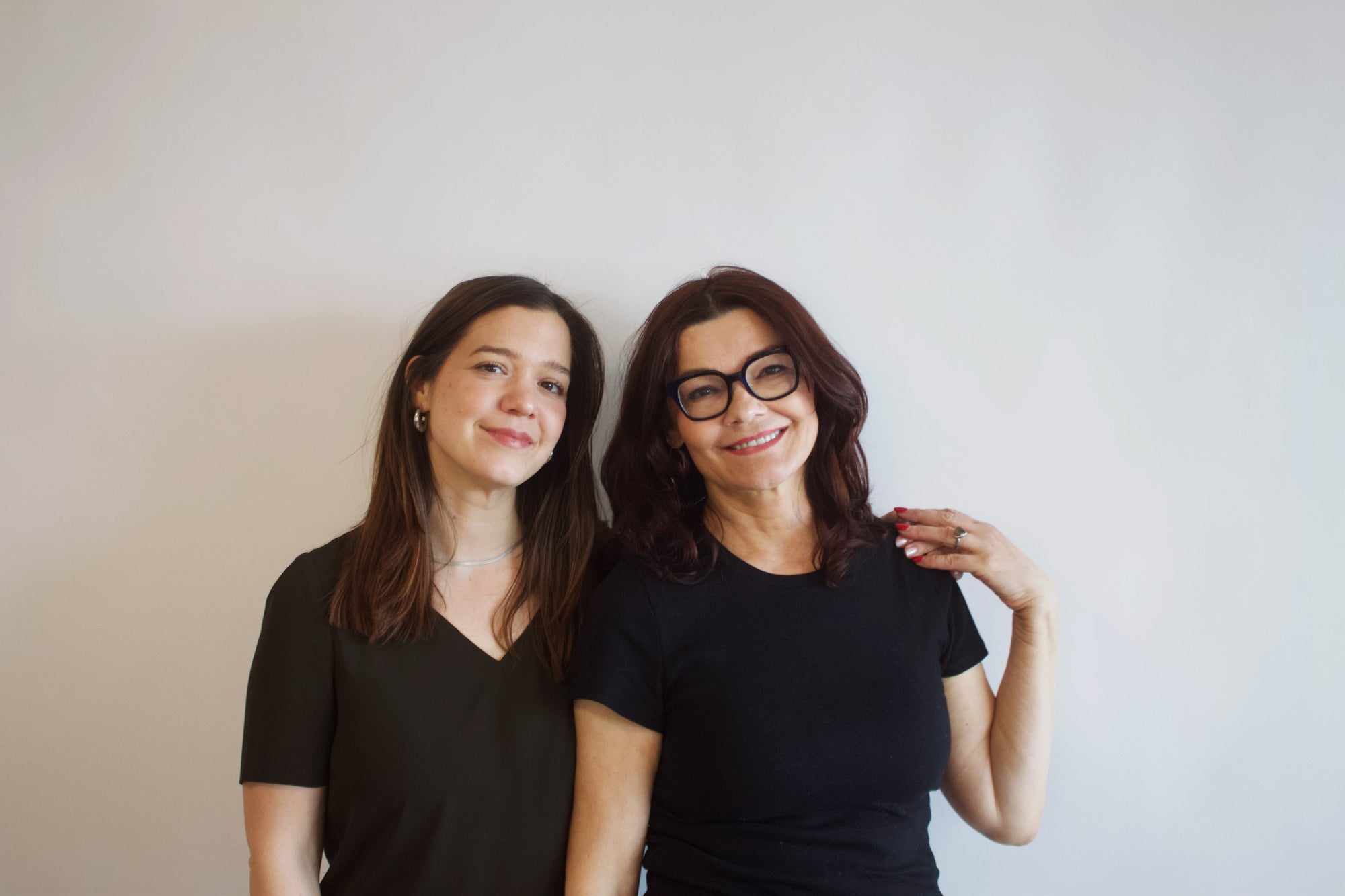When we think about sustainability as consumers, we often think of packaging. “What is this made of? Can I compost this? Is it better for the environment for something to be recyclable or biodegradable?” In reality, sustainability is much more than just what’s on the outside.
The Life Cycle Assessment
A life cycle assessment, or LCA, identifies opportunities for improvement in the full manufacturing process of a product by looking at the impacts that a product has on the environment. This includes everything from production and manufacturing all the way to the disposal phase.
At Nala, we look at the whole cradle to grave sustainability of our products. From sourcing clean ingredients to manufacturing practices that don't create waste as a byproduct, right down to the packaging we use and how it’s disposed of, we want to make sure we’re incorporating this ethos into every step that we take.
“Too many companies take advantage of consumers’ confusion regarding sustainable efforts, using labels like ‘eco-friendly’ and ‘green’ to build an image and drive profits, rather than truly assess the impact of their products.”
The Life Cycle Assessment – Cradle to Grave Sustainability, Heritage Paper
So what does an LCA look like at Nala?
Ingredient Sourcing
Want to be a supplier of ours? You’ll have to pass a pretty strict test. We have detailed criteria on who we source our ingredients from and all of our suppliers need to provide extensive documentation and a Certificate of Analysis for the origins of the ingredient and how each is extracted.
We care just as much about what ingredients we’re putting on our bodies as we do where they’re coming from.
Sustainable Manufacturing
In order to keep the entire creation process one that is clean and environmentally friendly, we use ingredients derived from green technologies, such as Supercritical Fluid extraction by carbon dioxide (CO₂). The process of separating one component from another using supercritical fluid as the extracting solvent, Supercritical fluid CO₂ extracted actives and botanicals have proven to be the cleanest, most effective way to preserve deodorants naturally.
When partnering with contract manufacturers, we choose those that align with our values of clean and sustainable manufacturing practices. One of our manufacturer’s entire plant is powered by solar energy!
Green Packaging
Sustainable packing can be the most difficult hurdle for independent beauty brands due to high costs associated with being a leader in new packaging and large Minimum Order Quantities. In many ways, we lean on the buying and spending power of large corporations who can create demand for greener packaging at a more efficient scale.
That being said, we know we can’t wait for large corporations to lead the change we want to see. As an independently-owned brand, we have the advantage to move swiftly, though the cost can be exorbitantly high when leading these initiatives.
While we continue to put upward pressure on our packaging manufacturers for greener and more sustainable solutions, it’s often up to the packaging companies themselves to offer solutions that are eco-friendly.
When greener solutions are offered, it’s the brand’s responsibility to ensure it meets their safety and stability criteria, limiting cross-contamination and assuring a product’s shelf life. This leaves the consumer with the responsibility to sustainably use, re-purpose, and dispose of the products they buy.
Why is product stability important?
If a product’s packaging is negatively affecting its stability, the shelf life of the product will be much shorter meaning the entire product, in and out, becomes waste. Anytime we incorporate sustainability improvements at Nala we test diligently to ensure that the change is real and lasting and not done for optics.
What are we doing?
We design our packaging in ways that can be repurposed and upcycled, supporting a circular economy.
All of our deodorant tubes are made with 100% post-consumer recycled plastic so that no net new plastic will be used in the creation of any Nala products.
We’re always continuing to find new ways to incorporate sustainability while staying true to the high safety and stability standards for our products. We will continue to be transparent in our sustainability goals, initiatives, and challenges as an indie brand.
We all have a role to play
Sustainability doesn’t fall on any one party’s shoulders. It can’t be done by businesses, manufacturers, or consumers alone. We all have to do our part.
As a consumer, there are ways you can improve sustainability in your product consumption. How?
Buy responsibly: Before you buy a product, do your research on the product’s fit for your skin, body, and lifestyle to eliminate the need to return or throw out a product. Read blogs and supporting information and ask questions when you’re not sure.
If you ever have a question about which Nala is right for you, you can always send us an e-mail or message on social. We’re happy to help!
Think twice before making a return: As consumers, we often have the luxury to free returns with no questions asked. Next time your impulse trigger is being pulled to make a purchase, instead of relying on ‘free returns,’ take time to consider all of the raw materials, manual labour, shipping, and packaging involved in the process and ask yourself if this is something you’ll see yourself using to completion.
Continue to put pressure on brands: While we lead with our sustainability values, pressure from our customers helps us continue to put upward pressure on our packaging manufacturers too. Larger and smaller brands will be able to respond in different ways, so reach out to both. And if you’re putting pressure on brands, ensure that you’re doing your part with responsible consumption, ethical returns, and proper disposal.
Use before replacing: The shiny new *insert product* will always be there to tempt us. Use what you have before replacing. Yes, even if what you’re looking to buy is an eco-product. Remember that waste is not just packaging, but what’s inside the packaging as well.
Upcycle over recycle: Whenever possible, reuse over recycle. Our recycling systems are burdened, buy for longevity.
Recycle properly: When you are recycling, do so properly. Clean the containers before recycling and read where and how to recycle your products to ensure they have the best chance of being recycled.
We’d love to know, what are ways you’re incorporating sustainability into your own personal life cycle?
>

